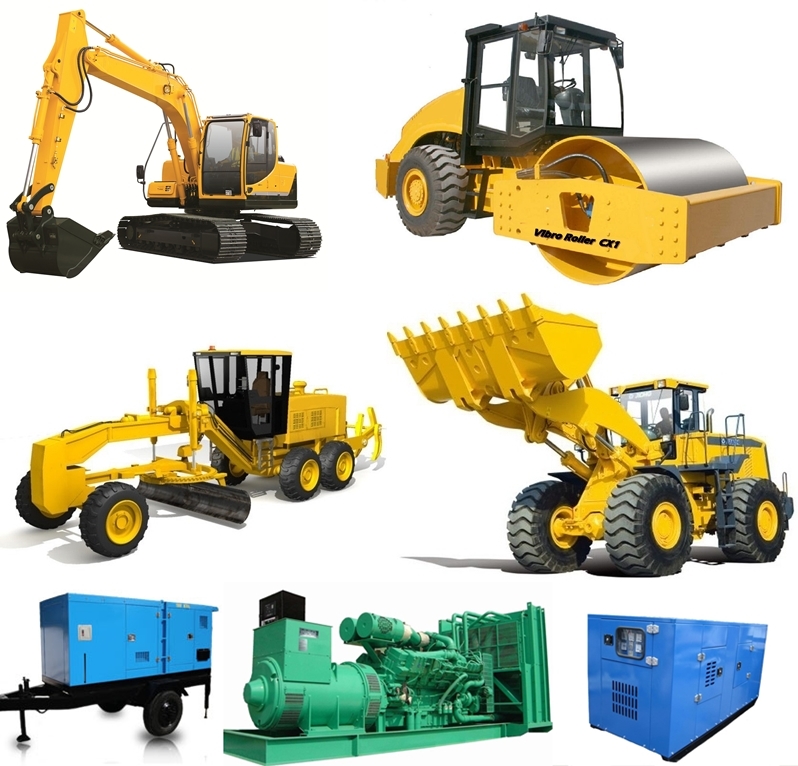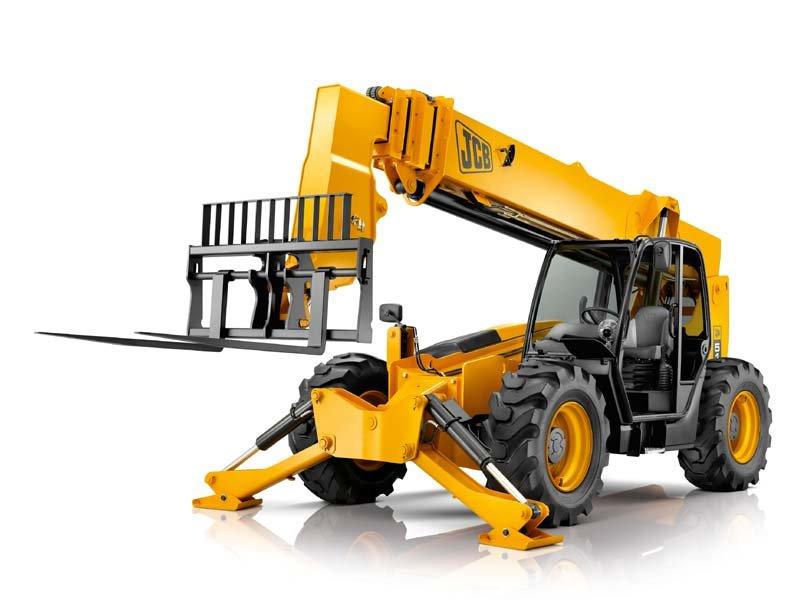Rental Company Near Me: Regional Solutions for Equipment Rentals
Just How to Select the Right Construction Tools Rentals to Meet Your Particular Needs
Picking the suitable building and construction equipment leasings is an important step that can dramatically affect task performance and success. It calls for a systematic examination of task demands, equipment abilities, rental terms, and logistical factors to consider. Each aspect plays a pivotal duty in ensuring that the preferred tools straightens with particular tasks and website conditions. The subtleties of these analyses can typically be overlooked, leading to prospective difficulties. Understanding just how to browse this process properly might be the key to maximizing sources and reducing expenses-- yet lots of contractors discover themselves at a crossroads when making these important choices.
Examine Your Job Needs
Prior to picking construction equipment leasings, it is necessary to extensively analyze your task requirements to guarantee that the right devices are utilized for ideal effectiveness and safety. Begin by defining the extent of your project, including the tasks to be completed and the timeline for conclusion. This fundamental understanding will lead you in recognizing the particular tools required.
Next, consider the website conditions, such as surface, ease of access, and the space readily available for steering equipment. These elements straight influence the type and dimension of tools that can be efficiently used. Furthermore, review the anticipated workload and manufacturing prices, as these metrics will certainly identify the tools's capacity demands.
It is likewise essential to analyze any kind of governing or safety criteria that might use to your task. Compliance with these guidelines can affect equipment choice and use, affecting overall job timelines and expenses. Lastly, speak with your task team and stakeholders to gather understandings and agreement on tools requirements. By meticulously taking into consideration these aspects, you can make educated choices that not just improve functional performance however likewise advertise a risk-free functioning environment.
Evaluate Equipment Capacities
Exactly how do you establish whether the devices fulfills your task's demands? Begin by examining the certain tasks needed for your job and match these with the capabilities of the devices readily available for rent. Take into consideration the devices's power, ability, and size, as well as its functional functions. If you require to raise heavy products, ensure the lifting capacity of the equipment straightens with your demands.

Last but not least, think about the newest technical improvements that might boost efficiency. Features such as general practitioner monitoring, gas effectiveness, and operator-friendly controls can significantly influence task implementation. By completely reviewing equipment capacities against your project specifications, you can make certain that you pick the best equipment that not only fulfills but surpasses your functional demands, ultimately contributing to the success of your building and construction task.
Understand Rental Terms
Understanding rental terms is essential for making certain a successful and smooth equipment rental experience. Familiarizing on your own with the specific terms of a rental arrangement can stop misconceptions and prospective disagreements. Key elements to consider include the period of the rental, settlement terms, and any type of affiliated fees.
Normally, rental durations are specified in everyday, regular, or monthly terms, and recognizing these periods is vital for budgeting. In addition, settlement terms might vary in between companies, consisting of deposits, late repayment penalties, and accepted settlement methods.
It's also crucial to clarify obligations for learn the facts here now maintenance and damages. Some rental contracts may state that the renter is responsible for routine upkeep and any type of repairs that take place during the rental duration. Comprehending the conditions regarding damages or burglary is important; ask concerning insurance coverage choices and responsibility coverage to protect your rate of interests.
Take Into Consideration Transport Logistics
Transportation logistics play a critical duty in the effective rental of building tools. Appropriate preparation and execution of transport approaches can dramatically impact the performance and performance of your building and construction job. Prior to settling tools services, analyze the location of your task website and the ease of access of transportation courses.
Take into consideration the range in between the rental supplier and your website, as longer distances can lead to boosted transportation costs and delays - construction equipment rentals. Evaluate the weight and measurements of the tools to ensure it can be safely transported on offered streets and infrastructure

Bear in mind regional policies regarding transportation permits and courses, as these can impact the logistics of relocating heavy machinery (forklift rental). By proactively dealing with these factors to consider, you can reduce possible disturbances and guarantee that the appropriate tools is provided in a timely manner, cultivating a much more effective building procedure
Contrast Rental Expenses and Companies
When assessing building devices leasings, it is essential to contrast expenses and service providers to ensure you safeguard the very best worth for your project. Start by collecting quotes from several rental companies to develop a baseline for prices. Realize that expenses can differ considerably based on factors such as tools kind, rental period, and added solutions used.
Next, take into consideration the credibility and dependability of each supplier. Try to find customer testimonials and reviews to evaluate their service high quality. A firm with a strong performance try this out history might validate a higher rental cost as a result of exceptional tools upkeep and customer assistance.
In addition, review the regards to the rental contracts. Some suppliers may provide versatile rental choices, such as daily, regular, or regular monthly prices, which can be useful relying on your task timeline. Pay interest to added fees, such as distribution costs and insurance coverage costs, which can impact the total rental price.
Final Thought

Choosing the suitable building devices services is an important step that can considerably influence project efficiency and success.Before picking building equipment rentals, it is essential to completely assess your project requirements to make sure that the right tools are utilized for optimum effectiveness and safety.Comprehending rental terms is important for making sure a smooth and effective tools rental experience.When examining construction devices services, it is necessary to compare companies and expenses to ensure you safeguard the best worth for your task.Choosing the proper construction equipment rentals necessitates a comprehensive assessment of project needs, devices capacities, rental terms, transportation logistics, and relative costs.